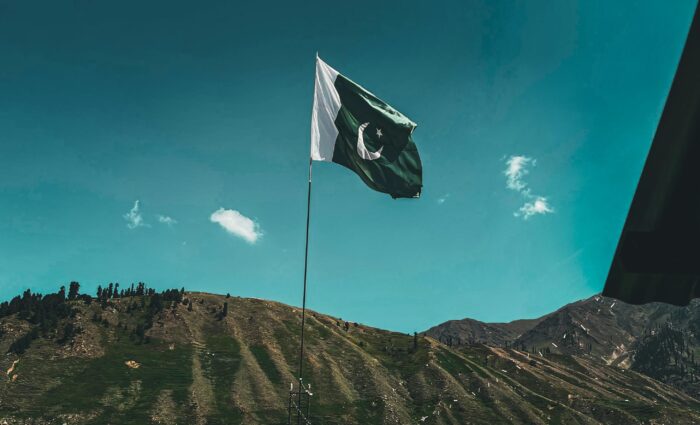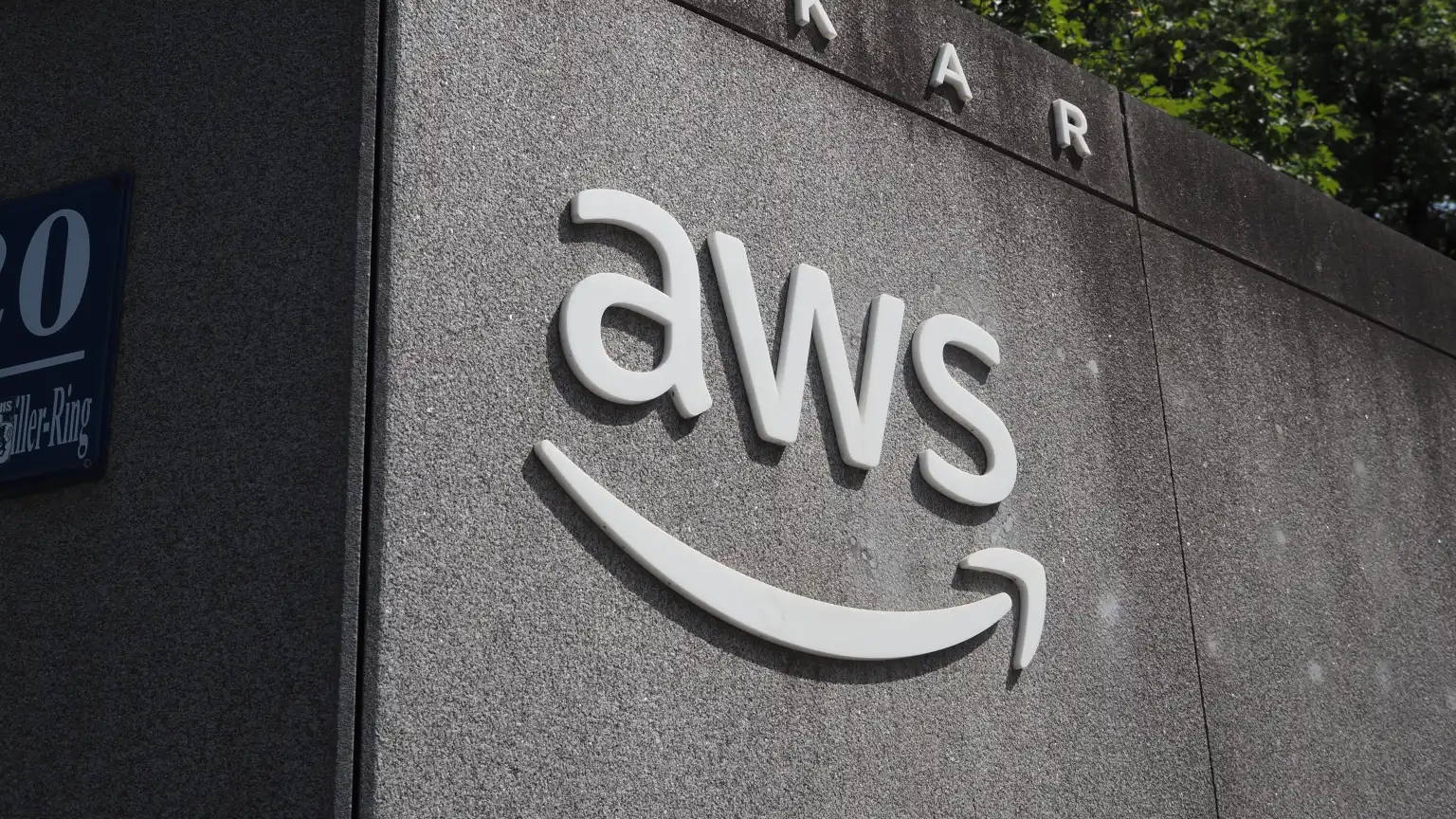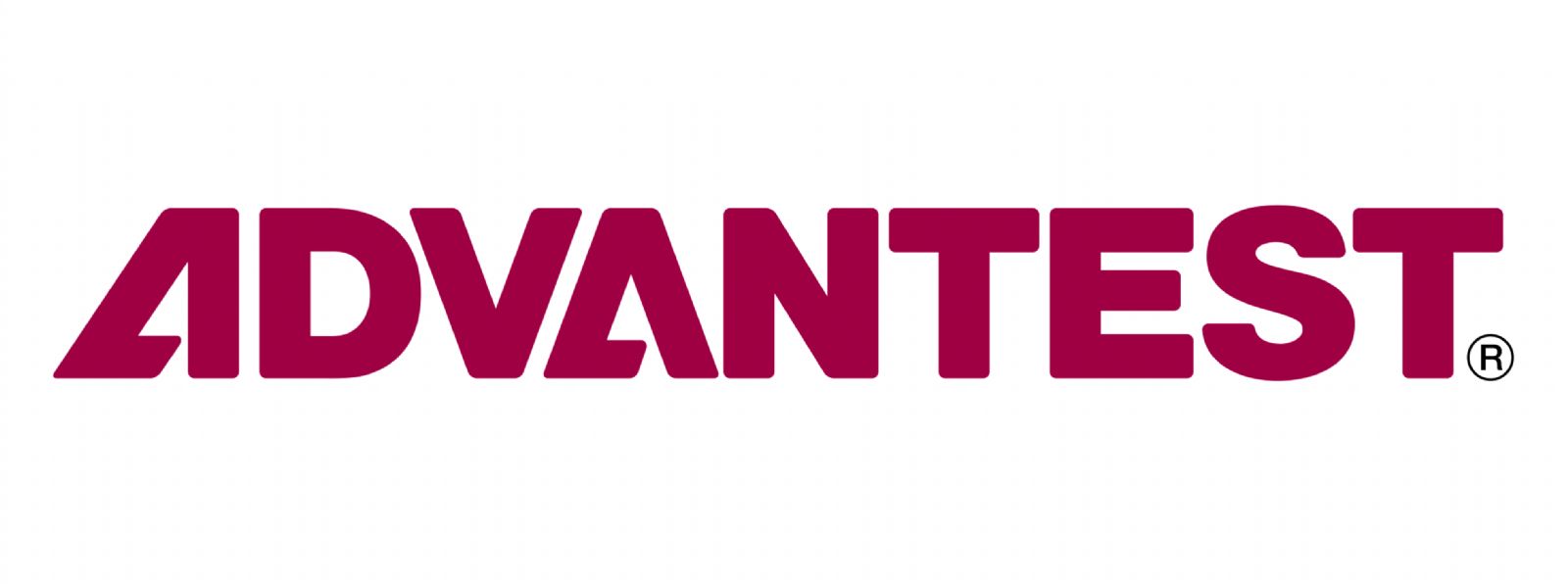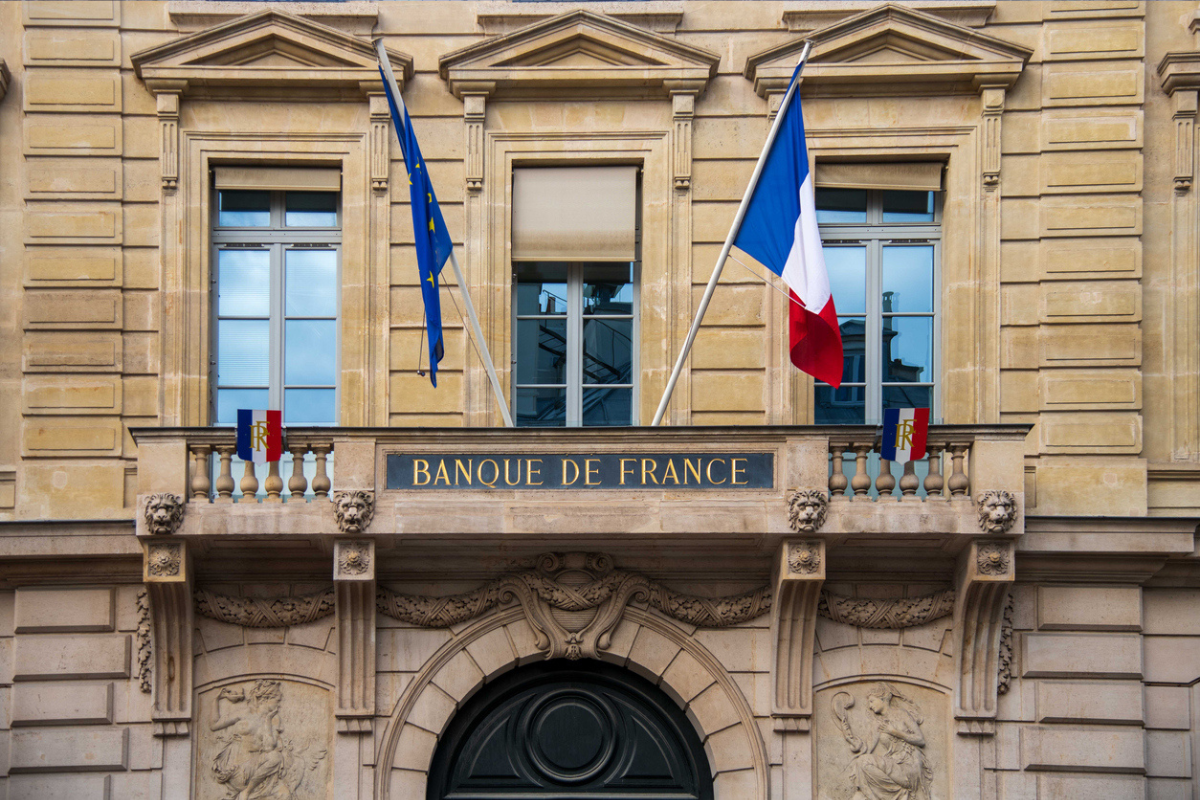Govt in Pakistan Blocks Over Two Dozen VPNs in "Firewall Experiment"

The government of Pakistan is experimenting with new strictures on internet freedoms. On Sunday, officials temporarily blocked over 20 virtual private networks (VPNs) between 4 and 10 p.m. local time, marking the first time the government’s firewall has noticeably hampered internet users across the country. Both premium VPN services and locally hosted VPNs experienced outages, a government official told Reuters.
“The trial blockage of over 20 VPNs at once was successful, although our current infrastructure struggles to handle the load,” the official said, commenting on condition of anonymity.
The government’s test was in part a response to rumors that it planned to block VPNs outright. In a statement shared in September, the Pakistan Telecommunication Authority (PTA) denied intentions to do so, but proceeded to direct IT companies, software houses, freelancers, and banks to register their IP addresses for continued VPN access.
Only a fraction of these entities have complied, according to the PTA. And so, the PTA says it’s now considering blocking unregistered VPN users, which could impact citizens using VPNs to access a host of restricted platforms including X (formerly Twitter). The Pakistani government has said it won’t lift restrictions on X unless the platform formally registers in the country.
The trial on Sunday was the first demonstration of a newly installed government firewall, and it wasn’t entirely smooth sailing. In a statement, the PTA blamed “technical glitches” for the VPN disruption, saying that the issue was “promptly” resolved.
The agency’s claim was met with skepticism. According to Dawn, the Pakistan Software Houses Association (P@SHA), a trade body representing IT and IT-enabled businesses, intervened in the situation, restoring VPN access for P@SHA’s corporate members. But for many others, VPN services remained spotty over the course of the six-hour block, with users reporting throttled connections and blocked access to certain services.
In a statement, P@SHA said that the PTA’s actions “greatly concerned” its member companies and that it would press the PTA for a “clear explanation.”
The VPN disruption on Sunday comes amid a tightening of internet freedoms in Pakistan. In August, a court in the country banned the use of VPNs that don’t comply with government regulations, which has led to a decline in VPN usage. And last month, the PTA said that it would begin strictly enforcing a rule that requires users to register their personal VPNs with their ISPs — a rule that few seem to have followed.
Critics argue that the Pakistani government is acting in haste. The Asia Internet Coalition, a trade group whose members include Amazon, Facebook, Google, and Twitter, accused the government on Monday of failing to consult with stakeholders and of pushing through the VPN registration requirement “without clear and transparent procedures to ensure that sensitive data is protected.” And the Human Rights Commission of Pakistan called the government’s internet policies “authoritarian” and a threat to press freedom.
Pakistan’s move to block VPNs across the board would be a rare one in the world. While countries like Russia and China have successfully restricted VPN usage, other regions have struggled to do so due to the decentralized nature of VPNs themselves.
Read our disclosure page to find out how can you help VPNCentral sustain the editorial team Read more






User forum
0 messages